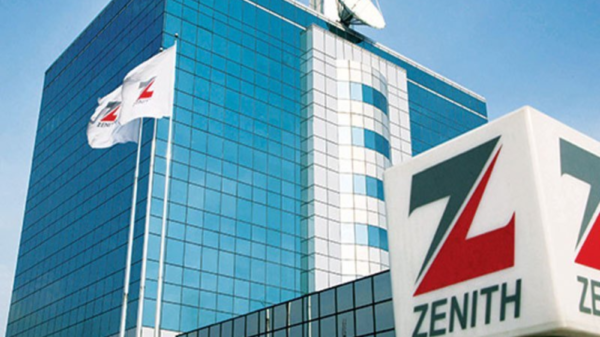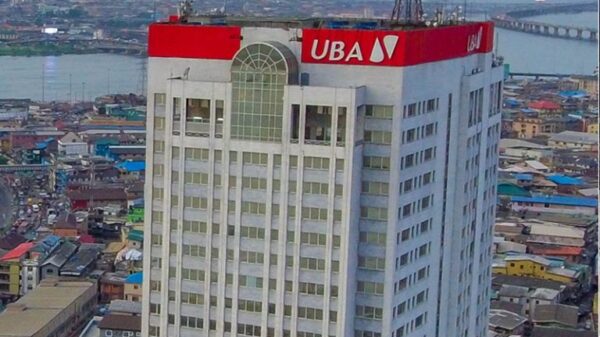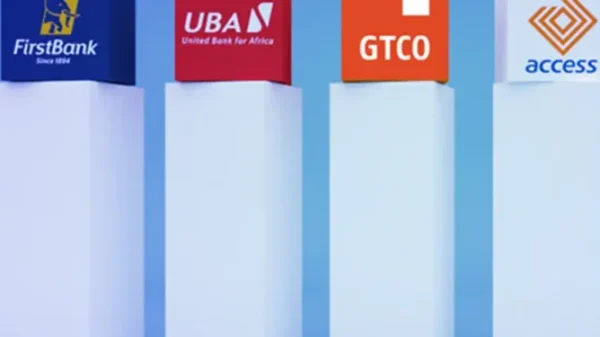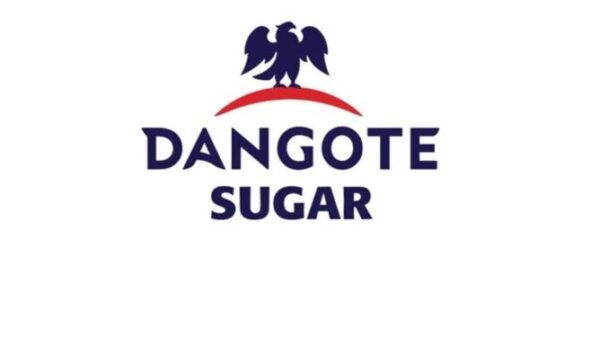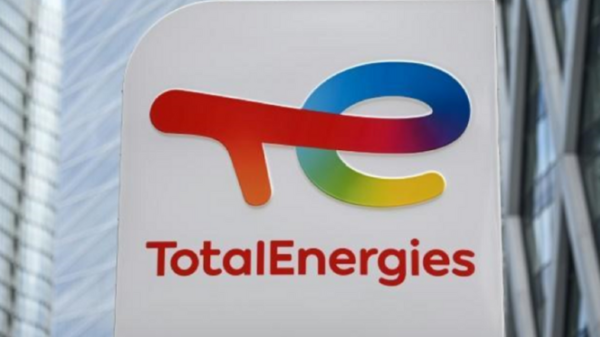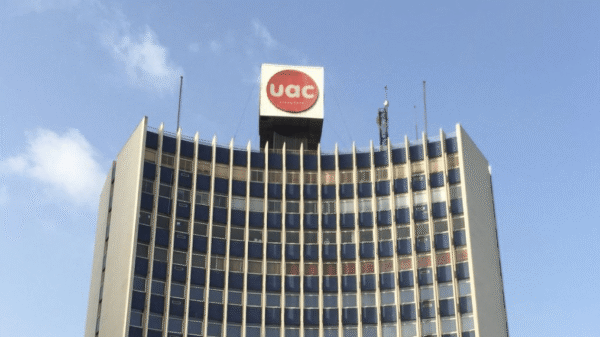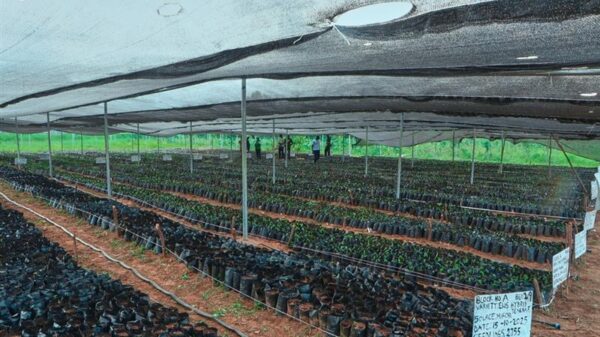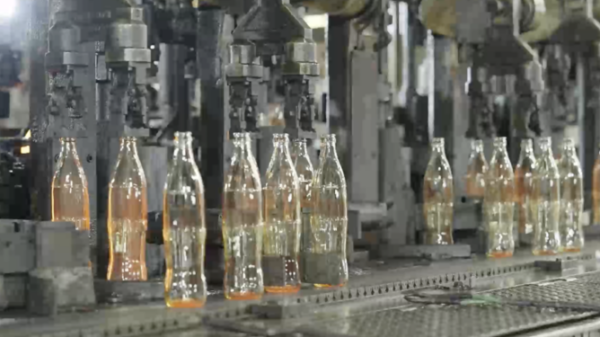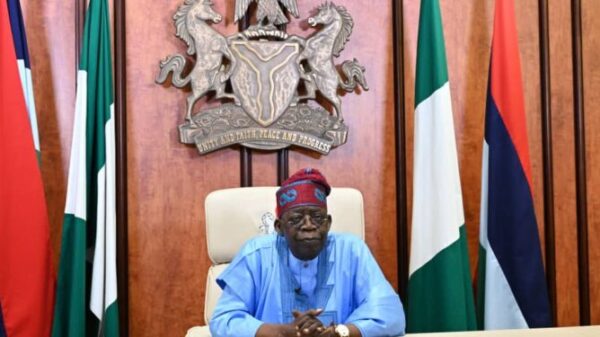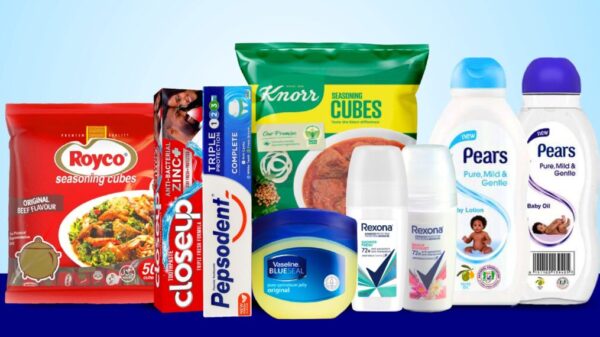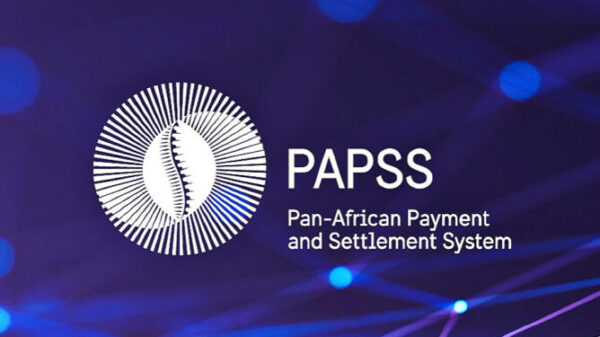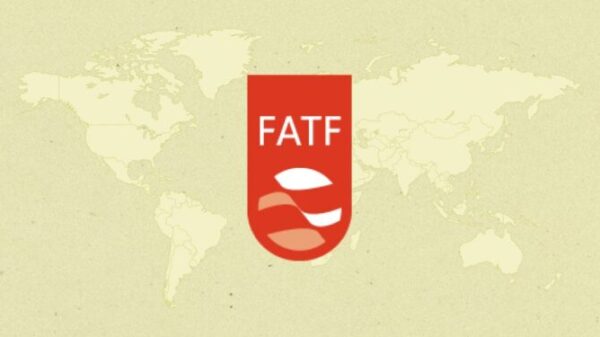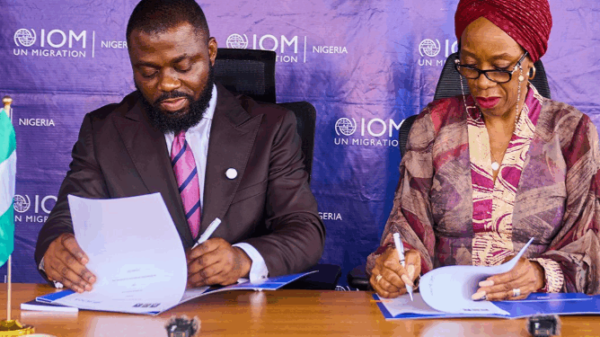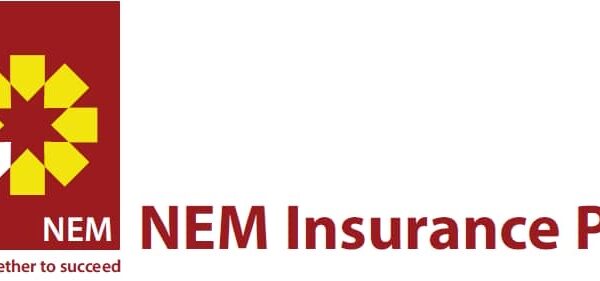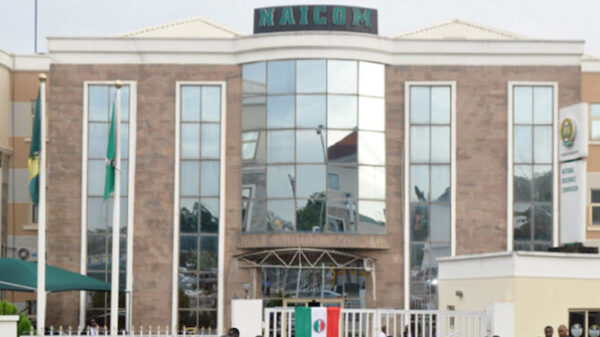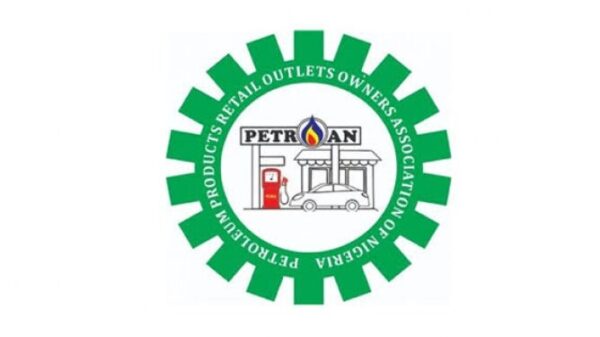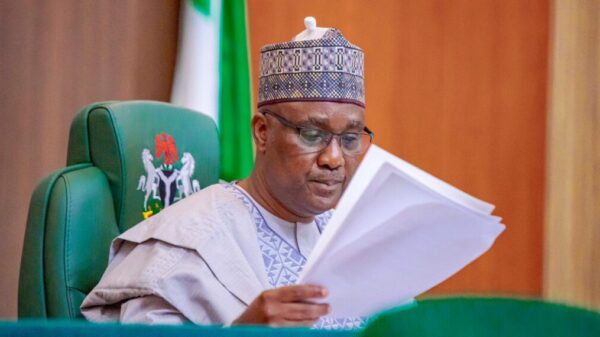The Petroleum Products Retail Outlets Owners Association of Nigeria (PETROAN) has urged government regulators to closely monitor the implementation of the newly approved 15% import duty on petrol and diesel, warning that without proper oversight, the policy could unintentionally create a monopoly in Nigeria’s downstream oil sector.
The association expressed concern that local refineries, if left unchecked, might dominate fuel supply to the detriment of smaller marketers and independent importers who serve as vital checks against price manipulation and profiteering.
This caution was contained in a statement issued by PETROAN’s National Public Relations Officer, Dr. Joseph Obele, on Friday, October 31, 2025. The statement quoted the National President of PETROAN, Dr. Billy Harry, who spoke during a courtesy visit to Dr. Chinyere Igwe, the new Pro-Chancellor and Chairman of the Governing Council of Ignatius Ajuru University of Education, Port Harcourt.
Regulators urged to ensure fair competition
Dr. Harry emphasized that while the policy has potential long-term benefits, it must be implemented transparently and fairly. He called on the Nigerian Midstream and Downstream Petroleum Regulatory Authority (NMDPRA) to remain vigilant to prevent any single player or group from controlling the market.
“The benefits of this policy will outweigh the disadvantages if properly managed,” Harry said. “However, regulators must guard against monopolistic tendencies. If local refineries are not effectively regulated, they could crowd out importers who have historically served as price stabilizers, ensuring that the Nigerian consumer does not suffer from exploitative pricing.”
He encouraged importers to adapt by partnering with or patronizing local refineries, rather than relying solely on foreign imports. According to him, such collaboration will not only sustain their businesses but also support the national goal of achieving energy independence.
Policy benefits: local refining, stronger economy, energy security
Dr. Harry commended President Bola Tinubu’s administration for introducing the 15% import duty, describing it as a strategic step toward protecting domestic refineries and promoting energy self-sufficiency. The new duty is expected to reduce Nigeria’s dependence on imported fuel, stabilize pump prices, and stimulate local investment in refining and logistics infrastructure.
According to PETROAN, the benefits of the policy include:
-
Increased local refining capacity and reduced reliance on imported petroleum products.
-
Improved price stability and enhanced energy security.
-
Strengthening of the naira and foreign reserves through reduced forex demand.
-
Greater employment opportunities and economic growth through value addition.
-
Attraction of both domestic and foreign investment into the oil and gas sector.
Nonetheless, PETROAN acknowledged potential downsides such as short-term price increases, temporary job losses among importing firms, and logistical challenges during the transition. Harry stressed that these issues could be mitigated through effective coordination between government agencies and private stakeholders.
NNPC’s role in ensuring crude availability
PETROAN also called on the Nigerian National Petroleum Company Limited (NNPC) to play a pivotal role in ensuring a steady supply of crude oil to domestic refineries. Without reliable access to feedstock, the local refining drive could falter, undermining the objectives of the import duty policy.
Dr. Obele, quoting Harry, noted that the NNPC is seeking private technical and equity partners to revive Nigeria’s four state-owned refineries, which have long been dormant despite substantial investments. The partnership, according to NNPC Group Chief Executive Officer Mele Kyari, aims to restore operations before the end of 2025.
“NNPC must expedite its partnership agreements and ensure that refineries resume operations before December,” Harry urged. “This will help prevent potential fuel scarcity or price surges during the festive season and guarantee steady product supply.”
Background: Presidential approval of 15% duty
President Tinubu officially approved the 15% ad-valorem import duty on petrol and diesel through a directive dated October 21, 2025, conveyed by his Private Secretary, Damilotun Aderemi, to both the Federal Inland Revenue Service (FIRS) and the NMDPRA.
The presidency explained that the measure was designed to align import costs with domestic realities, discourage excessive reliance on imported fuels, and incentivize local refining. Officials further noted that the move forms part of the administration’s broader economic reform agenda aimed at boosting domestic production, creating jobs, and ensuring that Nigeria’s oil wealth directly contributes to national prosperity.
PETROAN’s position underscores a growing industry consensus that while the 15% import duty could transform Nigeria’s petroleum sector by encouraging local refining, effective regulation remains key. Without strong oversight and transparency, the policy could inadvertently lead to market concentration, hurting both competition and consumers.
As Nigeria edges closer to becoming self-sufficient in fuel production, the coming months will be crucial in determining whether the policy delivers its promise of a balanced, competitive, and sustainable downstream market.


